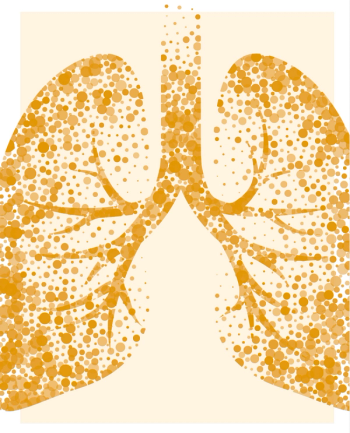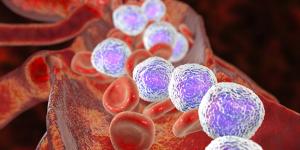
In recent years, research in treating small cell lung cancer has broadened, bringing emerging therapies like immunotherapy to the forefront.

In recent years, research in treating small cell lung cancer has broadened, bringing emerging therapies like immunotherapy to the forefront.

Oncologists and researchers are racing to identify new therapies to help better treat a rare form of acute lymphoblastic leukemia.

CRISPR technology can edit the genetic code of most living things. How will it be used to prevent and treat cancer, and what are the ethical considerations?

Do prisoners with cancer get appropriate care? There’s no single answer.

This incurable rare cancer of the lymphatic system has seen improvements, but what is the best strategy for treating patients with the disease?

Experts examine the use of Adcetris for patients with Hodgkin lymphoma.

Scientists are looking for more and better ways to identify the prostate cancers that are most likely to become aggressive.

How zeroing in on the mutation in gastrointestinal stromal tumors is adding years to patients’ lives

Whether a cancer arises on the left or right side of the colon can affect both prognosis and treatment.

There’s an enormous — and growing — menu of treatments for B cell lymphomas.

Scientists are studying exceptional responders, who benefit from cancer therapies when others don’t, to learn how to duplicate those results in broader groups of patients.

Diagnoses in younger people and two causative infections are providing clues about how to better prevent and treat gastric cancer.

The decision to remove one's stomach may be difficult, but it can also be life-saving.

Despite a long list of factors that may cause cancer-- from smoking to water bottles-- sometimes the disease strikes by chance, paying no mind to what can be predicted.

Melanoma has been a primary focus in immunotherapy research because of intriguing evidence that some people's immune systems are better able to keep the cancer in check.

Recent FDA approvals have added to the growing number of treatment options for patients with advanced melanoma.

Of the various ailments that can complicate cancer treatment for the elderly, one of the trickiest is cognitive impairment.

Some of the medications used to treat various comorbidities, such as hypertension, diabetes and osteoporosis, may actually have a favorable impact on the likelihood of cancer, or its spread or recurrence.

Fit older patients can often get the same cancer treatments as their younger counterparts, but additional conditions such as heart disease or diabetes signal the need for caution.

Sexual activity after prostate cancer therapy might be different, but still possible.

Watching, waiting and then choosing from a bevy of new treatments can be a good strategy for many with CLL.

Advances in the treatment of metastatic colorectal cancer have tripled survival rates, but more profound leaps are anticipated as researchers unravel the disease's complexities.

Enormous medical gains have been made against melanoma over the past four years, and more are waiting in the wings.

Researchers have long studied whether anti-inflammatory drugs could prevent cancer and a host of other illnesses.

Inflammation is the body’s approach to defense and repair, but too much of it could inadvertently aid and abet the cancer.

A cancer diagnosis could break the bank, but it doesn’t have to.

Get tips on keeping information, receipts, notes and legal papers organized and accessible.

Fertility treatments for cancer patients aren't cheap, but they are less expensive in the long run.

How to overcome obstacles to fertility preservation.

Sorting out the emotions of loss.

Published: February 19th 2021 | Updated:

Published: October 24th 2008 | Updated:

Published: September 16th 2009 | Updated:

Published: September 16th 2009 | Updated:

Published: March 22nd 2017 | Updated:

Published: September 16th 2009 | Updated: